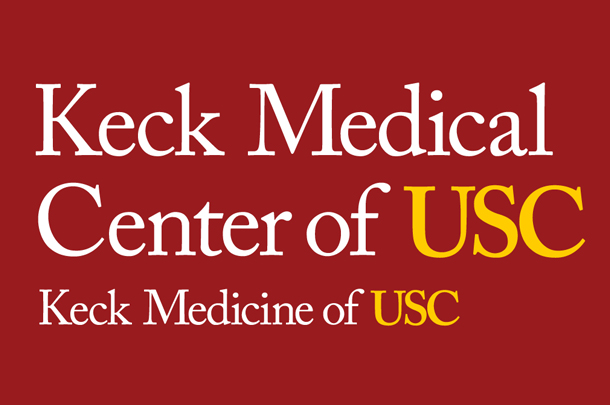In recognition of Malnutrition Awareness Week (Sept. 28-Oct. 2), Stephanie Sanders, RD, an outpatient dietitian for Keck Medical Center of USC, offered these observations:
Q. What is malnutrition?
Sanders: Malnutrition is simply defined as any condition in which our bodies do not receive enough nutrients for proper function.
Q. How serious is malnutrition among patients?
Sanders: One-in-three patients are malnourished. Patients diagnosed with malnutrition have triple the length of stay in a hospital setting. In general, malnourished patients experience higher risk of infection, more hospital readmissions, greater health care costs and decreased wound healing. If malnutrition is untreated or undiagnosed, two-thirds of hospitalized patients experience further decline.
Q. What are some warning signs and impacts?
Sanders: Parameters of particular significance for patients include inability to eat, repeated or extended cessation of feeding, frequent interruptions in enteral or parenteral nutrition therapies and unintended weight changes. Without frequent monitoring, non-severe malnutrition could progress to a severe malnourished state, leading to increased risk of mortality and morbidity, decreased function and quality of life, as well as higher costs.
Q. What is the role of nutrition experts?
Sanders: The nutrition experts at Keck Medical Center seek to prevent, recognize and treat malnutrition among our hospitalized patients.
Q. What happens when malnutrition is found?
Sanders: Collaborating with a multidisciplinary team is a crucial piece to the puzzle for malnutrition awareness. The dietitians will alert team members of their findings and make recommendations for interventions, diagnosis and documentation.


